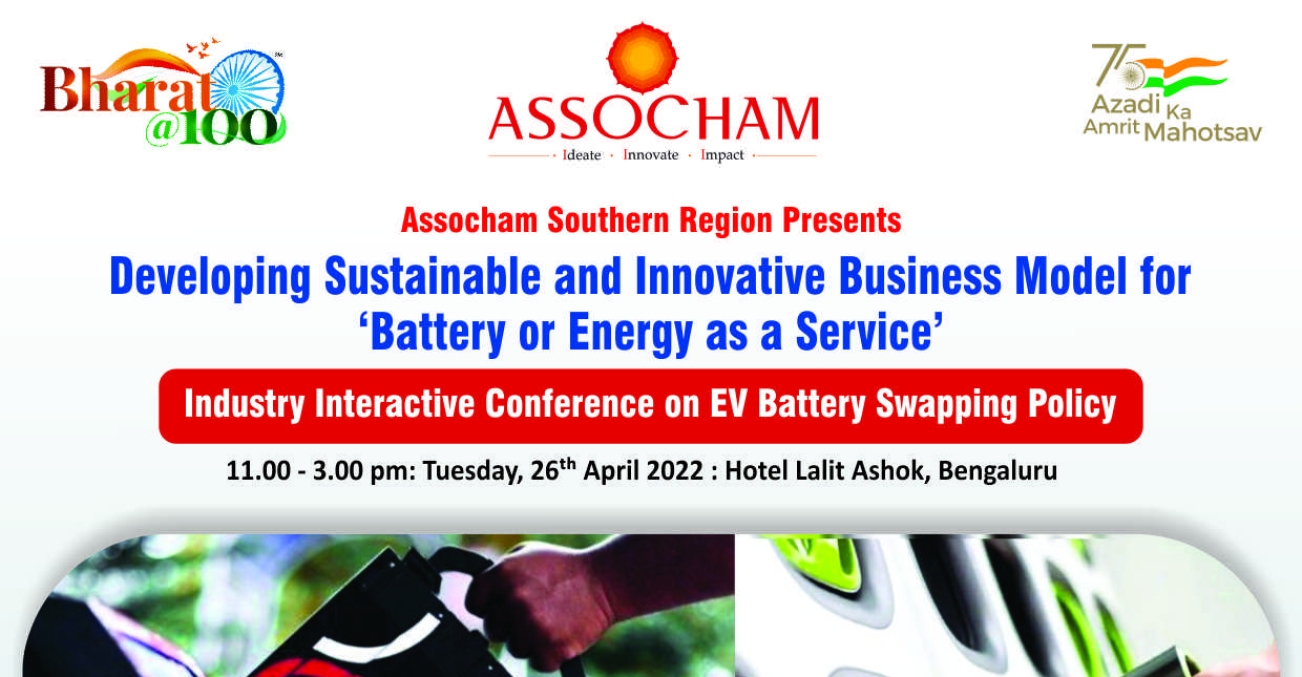MENU
- Home
- About Us
- Initiatives
-
Sectors
- Agriculture
- Animation & Sports Technology
- Arbitration & Mediation
- Auto & Auto Ancillaries
- Ayush Task Force
- Banking
- Branding and Marketing
- Business Facilitation and Global Competitiveness
- Capital Markets & Investors Protection
- CFOs Forum
- Chemical & Petrochemical
- Civil Aviation & Airport Infrastructure
- Coal
- Commodity Market
- Competition Law
- Corporate Affairs, Company Law and Corporate Governance
- Corporate Bond Market
- CSR
- Cyber Security & Cyber Law
- Data Centre
- Defence & Aerospace
- Digital Communications
- Direct Selling & Consumer Affairs
- Direct Tax
- Education
- Electronics & Hardware
- Empowerment
- Entertainment and Media
- Environment and Climate Change
- Fintech
- FMCG
- Food Processing & Value Addition
- Government Procurement
- Green & Eco Friendly Movement(GEM)
- Green Mobility
- Healthcare
- Homeland Security & Disaster Management
- HR & IR Policies and Reforms
- Hydro Carbon
- Hydro Power
- Indirect Taxes
- Industrial Relation polices and Reforms
- Insolvency & Bankruptcy Code (IBC)
- Insurance
- Internal Audit & Risk Management
- International Tax
- IPR
- Iron and Steel
- IT & ITeS & Digital Commerce
- Leather, non-leather and accessories
- Legal affairs and Regulatory Reforms
- Logistics & Warehousing
- Manufacturing & Capital Goods
- Medical Devices & Diagnostics
- Mines and Minerals
- MSME Development Council
- Non Banking Financial Services & Infrastructure Finance
- Pharmaceuticals & Biotechnology
- Power
- Quality & Productivity
- Railways
- Real Estate, Housing & Urban Development
- Renewable & Alternative Energy
- Roads & Highways
- SEZ, Industrial Park & Warehousing
- Shipping, Ports and Inland Waterways
- Skill Development and Entrepreneurship
- Social Inclusion and Affirmative Action
- Sports & Related Infrastructure
- Start-up
- Stressed Assets
- Textiles and Technical Textiles
- Travel & Tourism
- Underground Construction and Tunnelling
- Water
- Wellness
- Wine and Beer
- WTO, Trade and Investment
-
Regions
- Andhra pradesh
- Bihar
- Central Region
- Chandigarh
- Chhattisgarh
- Delhi
- Eastern Region
- Goa
- Gujarat
- Haryana
- Himachal Pradesh
- Jammu & Kashmir
- Jharkhand
- Karnataka
- Kerala
- Ladakh
- Madhya Pradesh
- Maharashtra
- North East
- Northern Region
- Odisha
- Pondicherry
- Punjab
- Rajasthan
- Southern Region
- Tamil Nadu
- Telangana
- Uttar Pradesh
- Uttarakhand
- West Bengal
- Western Region
- International
- Knowledge
- Events
- Membership
- Foundation
- Media Room












.jpg)
